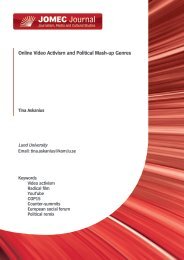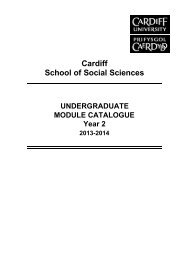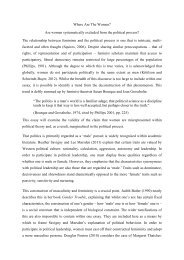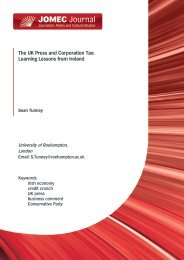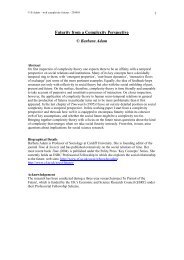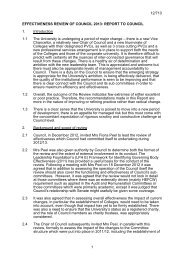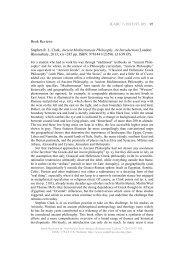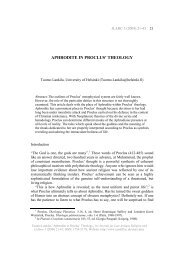Public Perceptions of Climate Change and ... - Cardiff University
Public Perceptions of Climate Change and ... - Cardiff University
Public Perceptions of Climate Change and ... - Cardiff University
Create successful ePaper yourself
Turn your PDF publications into a flip-book with our unique Google optimized e-Paper software.
Figure 3. I am willing to accept the building <strong>of</strong> new nuclear power stations if it would<br />
help to improve energy security (% tend to/strongly agree)<br />
The GB2010, GB2011 <strong>and</strong> JP 2011 surveys included a similar question on conditional<br />
support for nuclear power in the context <strong>of</strong> energy security. Figure 3 shows that more than<br />
half <strong>of</strong> the British public are willing to accept the building <strong>of</strong> new nuclear power stations if it<br />
would help to improve energy security. Only around 20% <strong>of</strong> the Japanese public agreed with<br />
this statement in 2011. This again shows that ‘conditional support’ for nuclear power is much<br />
higher in Britain than in Japan. Although no pre-Fukushima data is available for Japan, the<br />
similarities with the previous item suggest that the accident may also have dampened public<br />
Japan’s enthusiasm for nuclear power, irrespective <strong>of</strong> its contribution to climate change<br />
<strong>and</strong>/or energy security.In contrast, conditional support for nuclear power the context <strong>of</strong><br />
energy security even appears to have increased in Britain after the Fukushima accident.<br />
Figure 4 shows that a majority <strong>of</strong> both the British <strong>and</strong> Japanese publics agree that we<br />
shouldn’t think <strong>of</strong> nuclear power as a solution for climate change before exploring all other<br />
energy options. This illustrates that, even if many people in Britain are willing to consider<br />
nuclear power to tackle climate change, they still think there are better alternatives. Overall,<br />
the responses to the different items suggest that many people in Britain ‘reluctantly accept’<br />
nuclear power (cf., Bickerstaff et al., 2008; Corner et al., 2011). Attitudes in Japan cannot be<br />
characterised as ‘reluctant acceptance’, as – in contrast to Britain – support for nuclear<br />
power is low, even in the context <strong>of</strong> climate change <strong>and</strong> energy security. In Japan,<br />
agreement that all other energy options should be explored before considering nuclear<br />
power remained at the same high after the Fukushima accident. No post Fukushima data on<br />
this item is available for Britain. Figure 4 suggests that public preferences for alternative<br />
energy options over nuclear power are fairly stable in both Britain <strong>and</strong> Japan. Responses to<br />
other questions (not reported here) show that both the British <strong>and</strong> Japanese publics think<br />
that renewable energy sources <strong>and</strong> lifestyle changes/energy efficiency are better ways <strong>of</strong><br />
tackling climate change than nuclear power<br />
14




